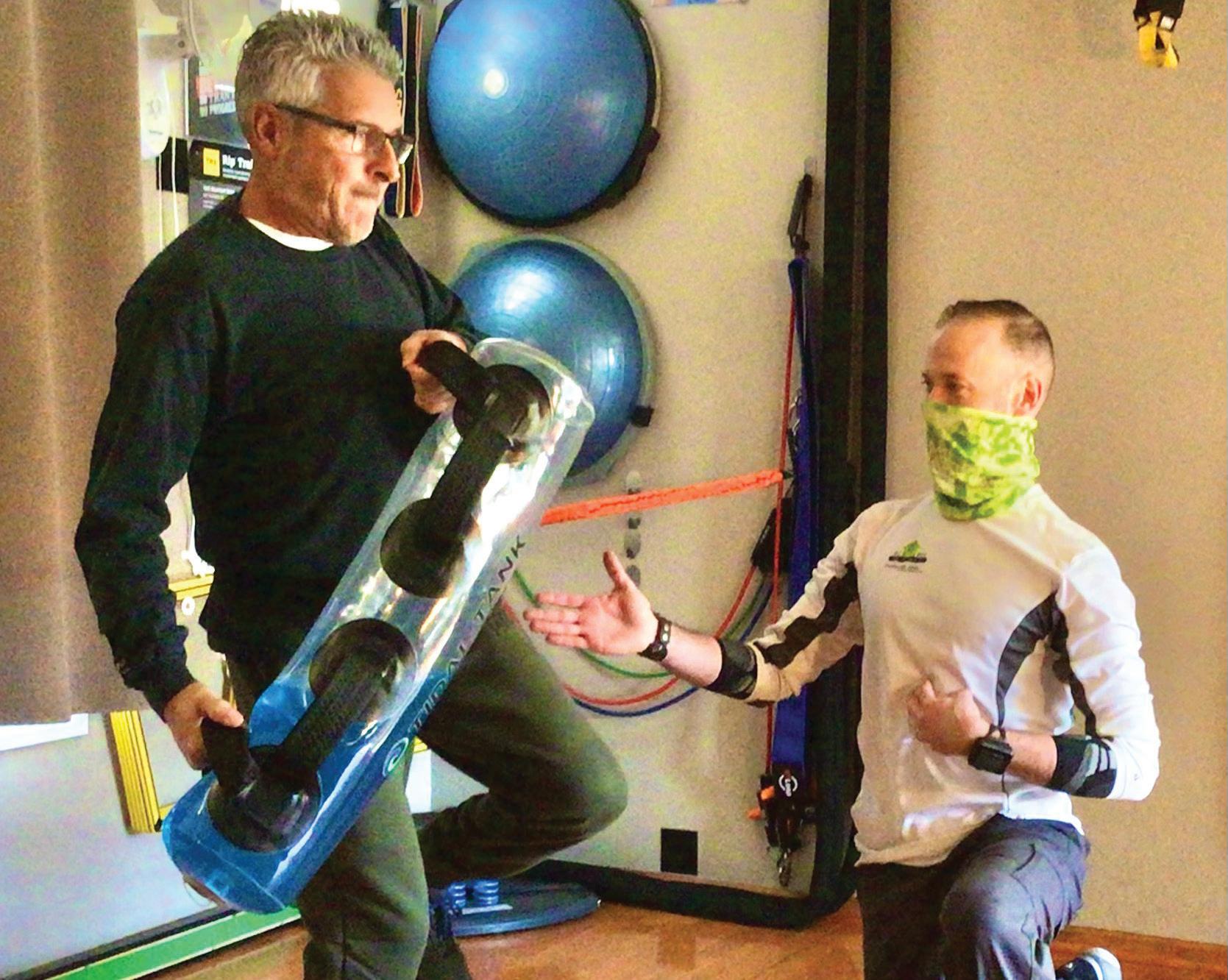
2 minute read
Grandparent Scams
There are also amazing smart electronic pill organizers and dispensers that sound an alarm when it's time to take pills and send notifications to caregivers when meds have or have not been taken. Some of these devices hold multiple weeks at a time, but they may be limited to a certain number of pills in each dose. Prices range from about $15 for a simple pill organizer with alarms to more sophisticated dispensers that cost between $150 and $1,500. You can also set up motion sensors that notify you when your loved ones go to their pill organizers. There are even robots that deliver medications in hospitals and long-term care facilities, so maybe one day we will all have one at home that can pop pills into our mouths! The bottom line: Create a system—high-tech, low-tech, or a combination of both—that works for you and your loved ones and ensures that the correct medications are being taken at the correct times. A little organization can save lives, ease pain, and make everyone's life easier. Source: Amy Goyer, AARP. Learn more at aarp.org.
Dave Lewis, Corrective Exercise Specialist/Brain Health Trainer
Advertisement
Call: 740-971-1966
• In-Person Studio • 1-on-1 Virtual • In-Home Training
CONSUMER SAFETY
Grandparent Scams
“Grandma: I’m in the hospital, sick, please wire money right away.” “Grandpa: I’m stuck overseas, please send money.” Grandparent scams can take a new twist—and a new sense of urgency—in these days of coronavirus. Here’s what to keep in mind. In grandparent scams, scammers pose as panicked grandchildren in trouble, calling or sending messages urging you to wire money immediately. They’ll say they need cash to help with an emergency—like paying a hospital bill or needing to leave a foreign country. They pull at your heartstrings so they can trick you into sending money before you realize it’s a scam. In these days of coronavirus concerns, their lies can be particularly compelling. But we all need to save our money for the real family emergencies. So, how can we avoid grandparent scams or family emergency scams? If someone calls or sends a message claiming to be a grandchild, other family member or friend desperate for money: Resist the urge to act immediately—no matter how dramatic the story is. Verify the caller’s identity. Ask questions that a stranger couldn’t possibly answer. Call a phone number for your family member or friend that you know to be genuine. Check the story out with someone else in your family or circle of friends, even if you’ve been told to keep it a secret. Don’t send cash, gift cards, or money transfers—once the scammer gets the money, it’s gone! If you get a scam call, report it to the FTC at reportfraud.ftc.gov and to the Ohio Attorney General at ohioattorneygeneral.gov. Source: Federal Trade Commission. Learn more at ftc.gov.
“I’m a serious Pickleballer but I’ve had stiff muscles & joint pain holding me back. Dave’s training is releasing my pain & building proper muscle mechanics so I can do what I love! He cares for body, mind & even soul through the entire process!” ~ Brian Mahon
Dave & Lindsay Lewis, Certified Personal Trainers FIT FAM PERSONAL TRAINING, LLC Dave@FitFamPT.com • www.FitFamPT.com • facebook.com/FitFamPT











